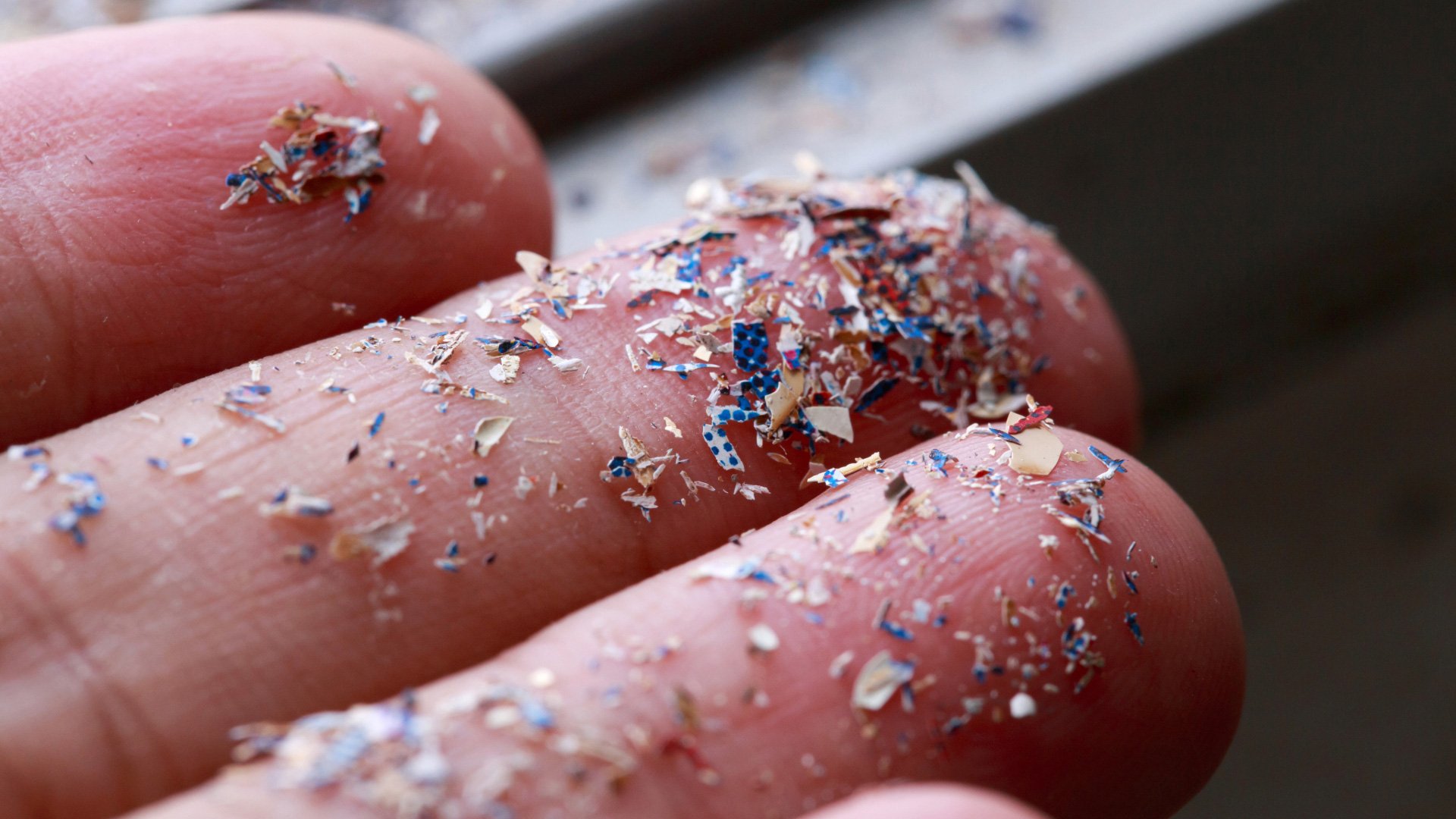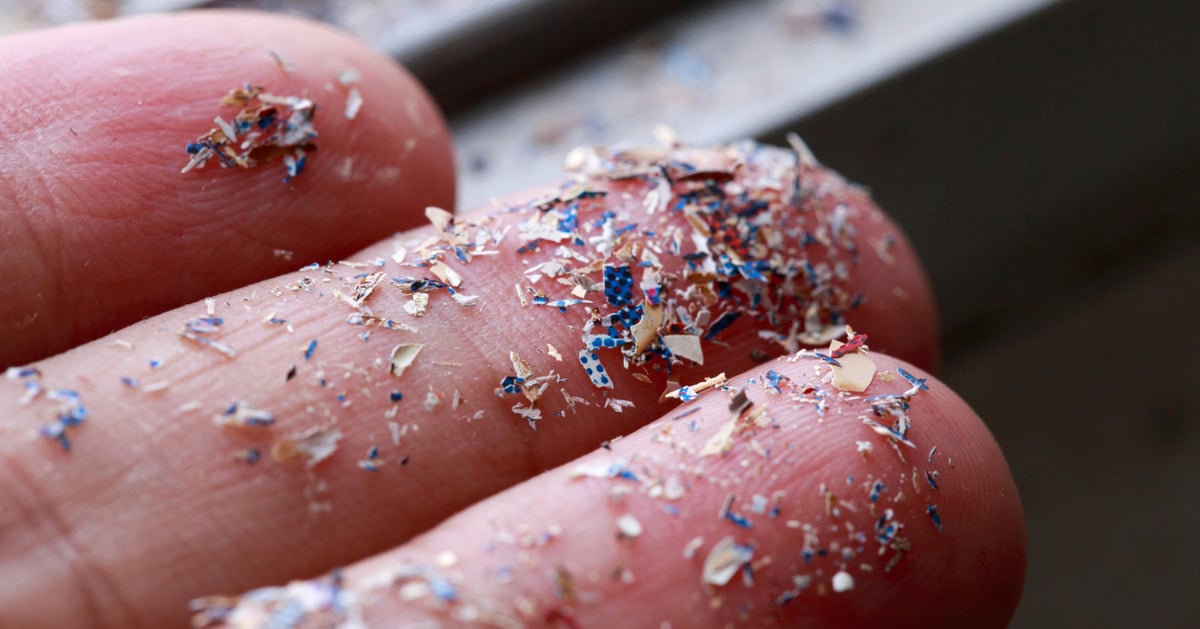New research based on autopsy results warns of the dangerous presence of microplastics in the human brain.

Studies have found microplastics in the brain, liver and kidneys - Photo: The Guardian
On February 3, Nature Medicine magazine published research results discovering extremely small pieces of microplastics are present in alarming numbers in human brain tissue.
Researchers used a variety of methods to measure microplastics in 91 brain samples collected from deceased people since 1997. All measurements showed a significant increase over the years.
From 2016 to 2024, the average microplastic concentration increased by about 50%, from 3,345 micrograms/gram to 4,917 micrograms/gram.
Not only in brain tissue, the study found that microplastic and nanoplastic particles also increased in liver and kidney samples.
Microplastics have also been found in blood, semen, breast milk, placenta and bone marrow, according to researcher Matthew Campen, Regents professor and professor of pharmaceutical sciences at the University of New Mexico in Albuquerque, USA.
Experts say microplastics are the most worrying type of plastic for human health because these tiny pieces can reside inside individual cells.
“The amount of microplastic in the human body is equivalent to a regular plastic spoon. That means our brain today is 99.5% brain and the rest is plastic,” Campen noted.
It is not yet clear whether these particles are liquid, passing in and out of the human brain, or whether they accumulate in neural tissue. Further research is needed to understand how plastic particles might interact with cells and whether this has toxic consequences for the human body.
However, experts say that each person can take many measures to minimize exposure to plastic, such as removing food from plastic wrap before cooking or microwaving; using cloth bags instead of plastic bags; reducing the use of plastic cups and plastic utensils...
Source: https://tuoitre.vn/bao-dong-vi-nhua-xam-nhap-nao-nguoi-ngay-mot-nhieu-20250204131146998.htm























































Comment (0)